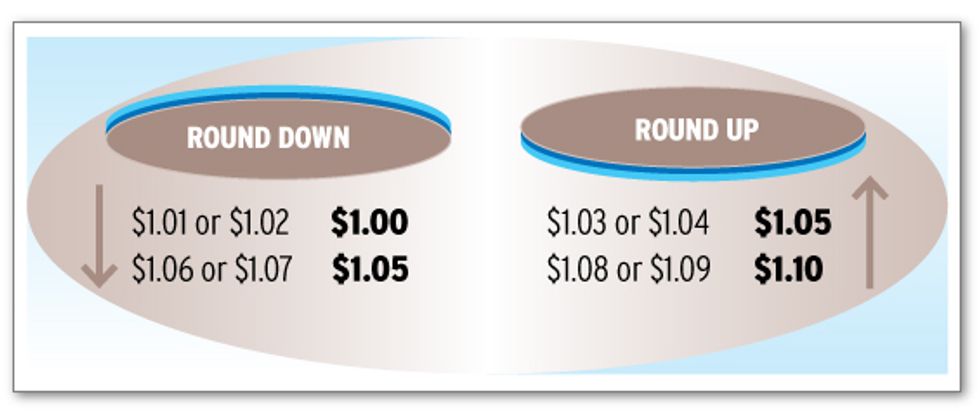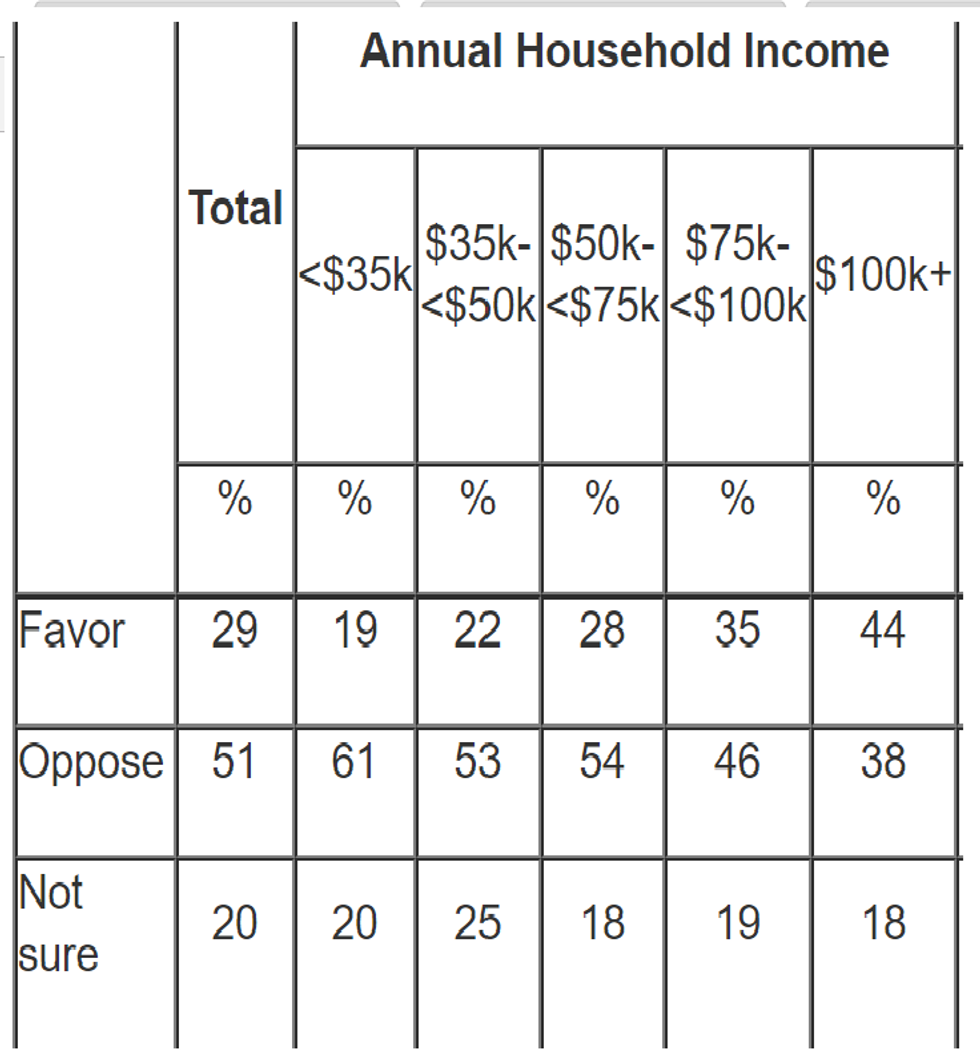I never really thought about pennies when I was younger. They were just there and they were a part of life. That changed one day in my junior year English class. That day we were supposed to work on writing synthesis essays. This meant that we were practicing looking at many different sources from varying viewpoints and learning how to create an argument using some of these sources.
The question the essay called for us to answer was simple: should we eliminate the penny? As I read through each of these sources and looked at the graphics I decided what side I was on. I decided I liked the penny. I decided that I thought getting rid of the penny was the worst idea that I had ever heard.
In March, Senators John McCain and Mike Enzi reintroduced a bill to eliminate the penny and turn the dollar bill into a dollar coin. This bill has actually been introduced in Congress before, but it has failed. The argument about whether or not the penny should be eliminated has been around since 1990 and does not seem to have an easy solution.
The arguments for keeping the penny range, but the main argument for eliminating the penny is constant. Opponents of the penny find it to be a waste. For them, it is a waste of money and time. Instead, they suggest rounding up or down on all transactions. This would make the penny useless although not unable to be used.
Opponents frequently cite that the cost of a penny is more than it's worth. It costs 1.4 cents to manufacture a penny, meaning that we are losing money by producing pennies. This is the main argument of this faction, but it is not bulletproof. In fact, there is a major problem. If we eliminate the penny that makes it necessary to manufacture more nickels. This seemingly eliminates the penny deficit but it actually increases the manufacturing deficit. This is because nickels cost approximately 7.4 cents to make. Pennies only cost .4 cents more to make than the are worth, while nickels cost 2.4 cents more to make than they are worth. That is a two cent difference. Clearly the argument that pennies cost too much to make is invalidated.
Many opponents of the penny also state that it is unused and not in circulation. They find the penny to be a bothersome waste of time. Their argument seems to be if no one uses it why are we still producing it?
This is where my major qualm appears. They are overlooking the very reason why we still need the penny. Other penny supporters may just be looking out for the zinc industry since pennies are 97.5% zinc or be unwilling to part with an American symbol, but I cannot stand by and let the penny be eliminated when there are people who need it.
When Harris Poll asked Americans if they wanted to abolish the penny in 2015, 51% opposed the idea while only 29% supported it. When looking at a further breakdown of the numbers a clear pattern emerges. The more a person makes the more likely they are to support the elimination of the penny. Additionally, the less a person makes the less likely it is they will support the elimination of the penny. 61% of people who made less than $35k opposed abolishing the penny and 38% of people who made more than $100k opposed the idea.
What does this association mean? In loose terms, it means that the rich want to get rid of the penny, while the poor want to keep it. The reason why is obvious. The less a person makes the more the saying "every penny counts" rings true. The people who make less than $35,000 dollars a year need pennies. This is because rounding up would make their already tight budget even tighter. For people making over $100,000 those few extra cents don't matter.
While the penny may cost more than it's worth, the cost of eliminating the penny is even greater. Not only will American tax payers have to pay more for the manufacturing of nickels. They will also have to worry about and pay for the broken budgets of those who are forced to pay more for goods when rounding occurs.
The real question at stake when someone asks where you stand on the elimination of the penny is do those extra cents matter to you? And if they don't, you need to ask yourself - why not?























